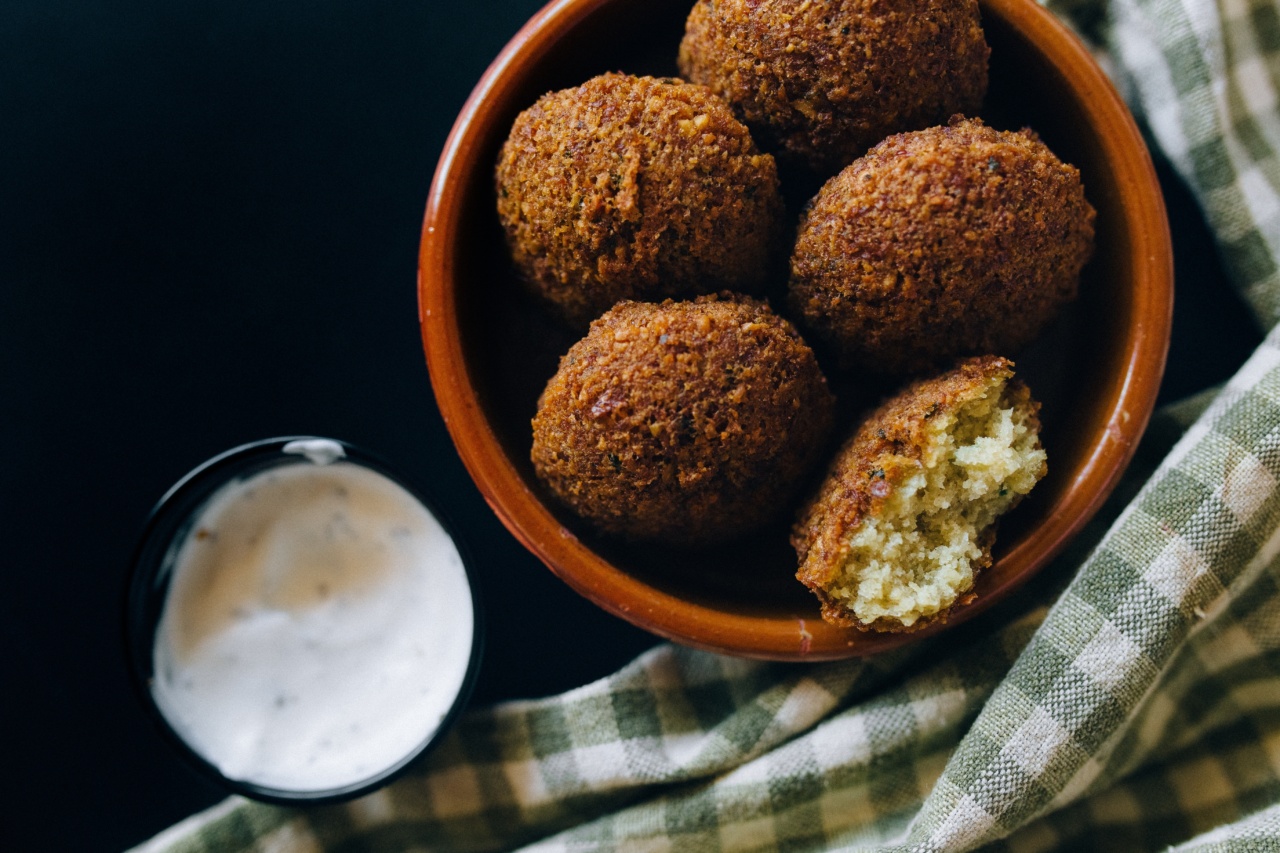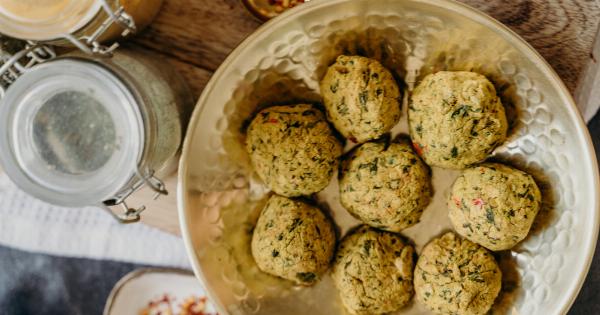Tahini is a paste made from ground toasted sesame seeds. It has been a staple in Mediterranean and Middle Eastern cuisine for centuries, and is now gaining popularity in Western cooking and health communities.
Here are ten reasons why tahini should be considered a superfood.
1. Rich in Nutrients
Tahini is packed with essential vitamins and minerals, such as calcium, iron, magnesium, and B vitamins. It is also a good source of protein and healthy fats, making it a nutritious addition to any diet.
2. Boosts Immune System
The high levels of vitamins and minerals in tahini help to support a healthy immune system. It also contains antioxidants, which protect the body against damage from free radicals and oxidative stress.
3. Helps with Digestion
Tahini contains fiber, which helps to promote healthy digestion and prevents constipation. It also contains enzymes that can aid in the breakdown of food, making it easier to digest.
4. Supports Bone Health
Tahini is an excellent source of calcium, which is essential for strong bones and teeth. It also contains magnesium, which is necessary for the absorption and metabolism of calcium.
5. Lowers Cholesterol
Tahini is a good source of healthy fats, which can help to lower cholesterol levels in the body. The monounsaturated and polyunsaturated fats in tahini can improve heart health by reducing the risk of heart disease and stroke.
6. Regulates Blood Sugar
The fiber in tahini can help to regulate blood sugar levels by slowing down the absorption of carbohydrates. This can be beneficial for people with diabetes or pre-diabetes.
7. Good for Skin and Hair
Tahini is rich in vitamin E, which is essential for healthy skin and hair. It also contains amino acids that can improve skin elasticity and prevent wrinkles.
8. Versatile in Cooking
Tahini is a versatile ingredient that can be used in a variety of dishes, from savory sauces and dips to sweet desserts. It adds a nutty flavor and creamy texture to any recipe.
9. Allergy-Friendly
Tahini is a great alternative to other nut butters for people with nut allergies. It is also gluten-free, making it a safe choice for those with celiac disease or gluten sensitivity.
10. Sustainable and Environmentally-Friendly
Unlike other crops that require large amounts of water and resources, sesame seeds are drought-resistant and can thrive in poor soil conditions. Tahini production is also a low-waste process, with every part of the seed being used.































